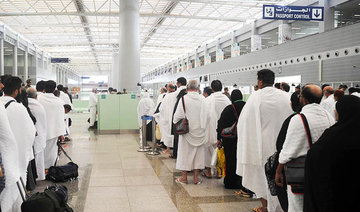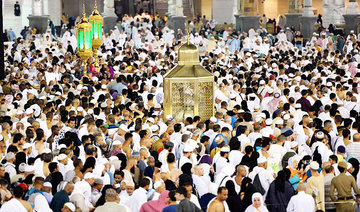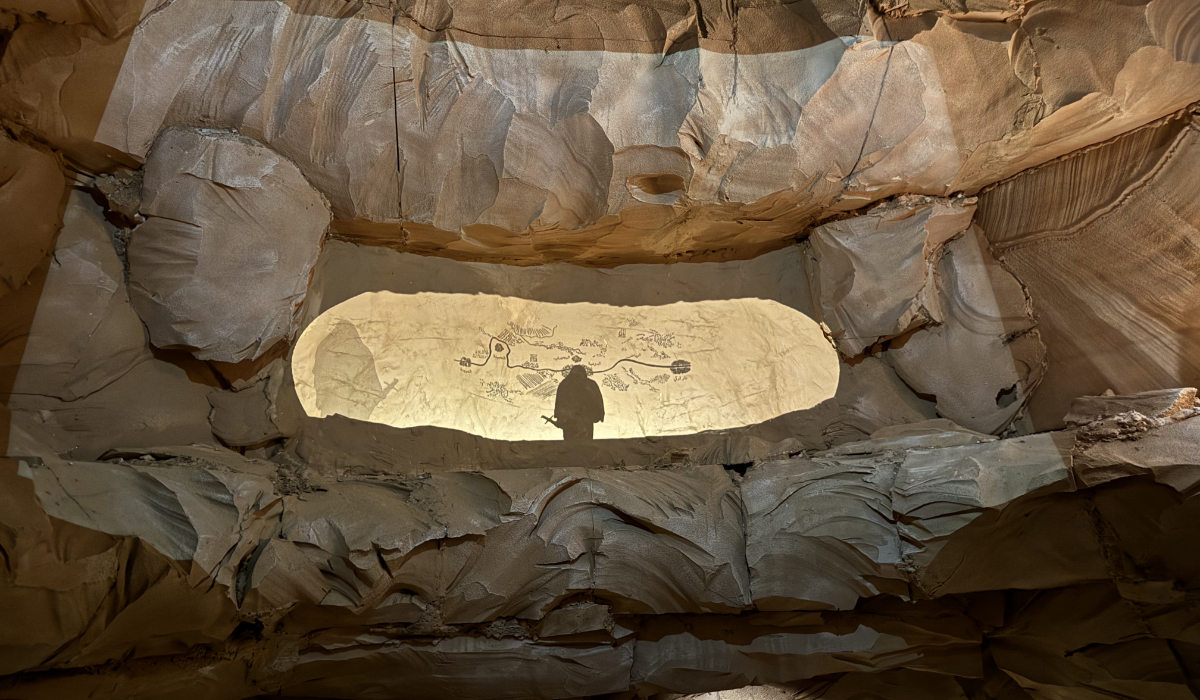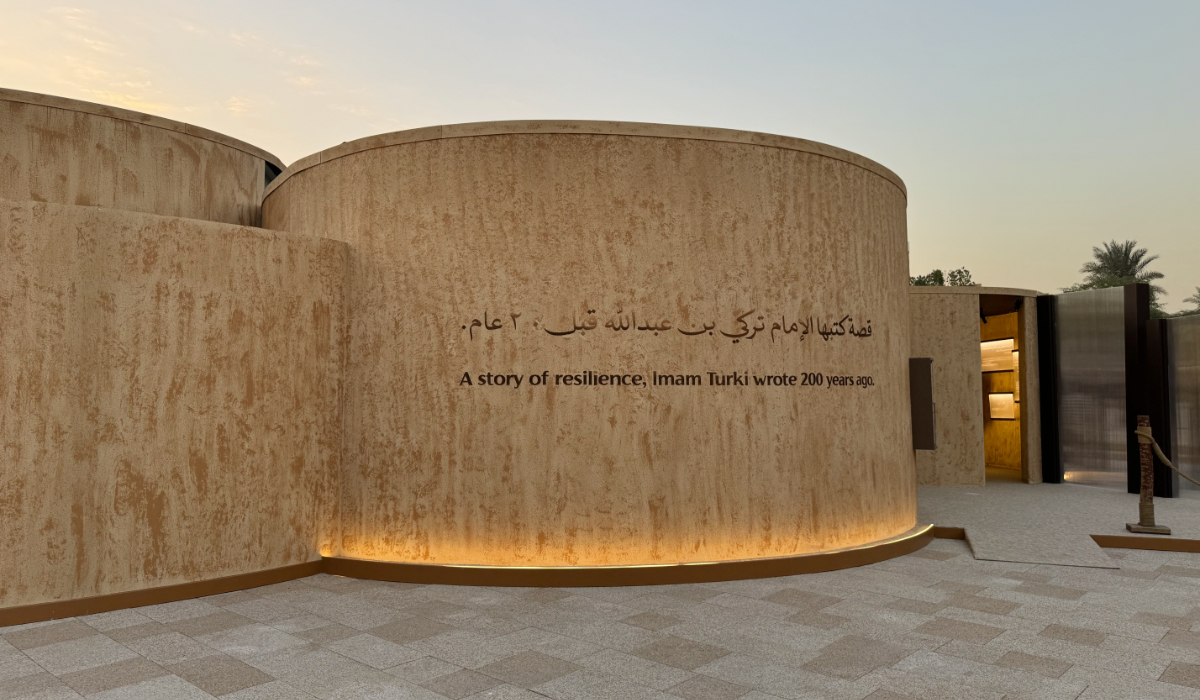RIYADH: Baiq Mariah, a 104-year-old woman from Indonesia, arrived in Jeddah on the first leg of her Hajj pilgrimage. She is the oldest among some 221,000 pilgrims from Indonesia this year.
Mohammed Hery Saripudin, consul general of the Indonesian Consulate in Jeddah, told Arab News that Mariah is in good health and will be able to perform her Hajj rituals without any problems.
She was given special assistance by officials of Indonesia’s Religious Affairs Ministry when she departed on Saturday, Saripudin said.
Mariah boarded the first Hajj flight to depart from Lombok International Airport in Indonesia.
Saripudin said there are some 1 million Muslims waitlisted in his country to perform Hajj. Pilgrims have to wait on average six years before being able to go to Makkah.
Most Indonesian pilgrims are elderly, and their age poses health risks. So far, 20 Indonesian pilgrims have died this year, said Saripudin.
Each group of pilgrims is supported by a medical officer who can attend to their health needs, he added.
“Besides a Hajj consul officiating in the consulate office in Jeddah, we have two more Hajj offices in Makkah and Madinah to help Indonesian pilgrims,” he said.
UOC prepared for rise in emergency reports during Hajj
The Unified Operations Center (UOC) will operate on a five-shift basis to accommodate more calls and an expected rise in emergency reports during the Hajj season, said Ali Al-Ghamdi, UOC director general in the Makkah region. This system was successful during last year’s Hajj season, he added.
The Crisis and Disaster Center (CDC) at the UOC is authorized to deal with all cases reported from the holy sites, he said.
UOC staff are well-trained to deal with all conditions and an increase in assignments during the Hajj season, he told Al-Hayat daily.
The Emergency Center, a UOC affiliate, is fully prepared to deal with critical conditions, and comprises 30 people representing government, military and civil agencies, Al-Ghamdi said.
Head of PR at the UOC, Maj. Abdullah Baghdadi, said the UOC has a key role in unifying and coordinating efforts of security agencies.
The UOC typically receives 45,000 calls daily, but this figure rose to 67,000 during the last Hajj season, he added.
The UOC has achieved remarkable progress in terms of responsiveness since its inception, he said.
Call operations are run smoothly through an independent unit at the CDC in cases occurring at the holy sites, Baghdadi added.
For cases elsewhere in the Makkah region, calls are received by the report referral unit, he said, adding that similar centers are being planned for Riyadh, Madinah and the Eastern Province.


































